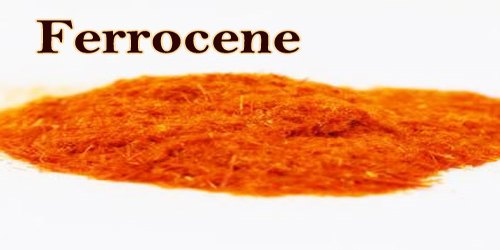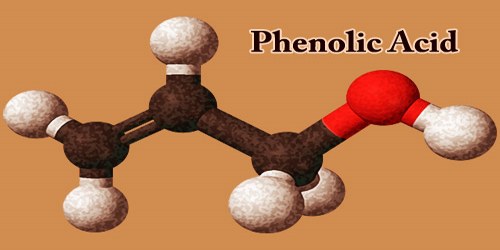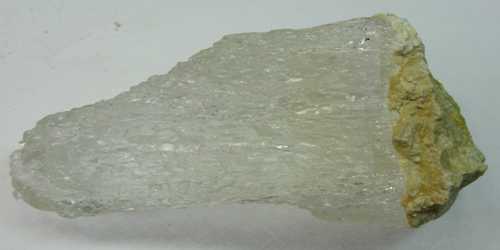According to the Wall Street Journal, Russian businessman Roman Abramovich and Ukrainian peace negotiators were victims of possible chemical poisoning at peace talks in Kyiv, Ukraine, earlier this month. After a round of meetings on March 3, Abramovich, another Russian entrepreneur, and Ukraine’s MP Rustem Umerov were ill. The members of the group had red eyes, painful tearing, and peeling skin on their faces and hands, according to reports.
The leading theory, according to Bellingcat, is that the three were victims of a “undefined chemical weapon.” The symptoms were most compatible with porphyrin variations, organophosphates, or bicyclic compounds, according to chemical warfare experts and medics. Microwave irradiation was also explored by the investigators; however this appears to be less likely. According to the Wall Street Journal, Abramovich has been attending various peace talks in Moscow, Belarus, Kyiv, and other locations after Ukraine President Volodymyr Zelenskyy advised President Joe Biden to hold off on sanctions against him because he could be a useful go-between in facilitating peace talks.
Ukraine’s foreign minister is said to have told his colleagues attending talks with Russia not to eat or drink anything while they are there. Isotopic examination of their teeth provided a startlingly rich history of these people’s life, providing acute insights into their nutrition and geographic origins, according to research published recently in the journal Archaeological and Anthropological Sciences.
Professor Kate Britton, senior author of the study and archeologist at the University of Aberdeen, stated in a statement, “Food and water ingested during life leave a distinctive signature in the body that can be traced back to their input source, indicating nutrition and mobility patterns.” “Tooth enamel, especially that formed between the ages of three and six, acts as small time capsules carrying chemical information about where a person grew up,” Professor Britton added.
Although this has not been proved, the suspected poisoning has been placed on Russian hardliners who intended to derail the peace talks. Russia, on the other hand, has a lengthy history of utilizing poisons against political opponents. Viktor Yushchenko, the future President of Ukraine, was poisoned with dangerous doses of TCDD, the most toxic dioxin and a contaminant in Agent Orange, in late 2004, leaving him with lifelong facial disfigurement.
Sergei Skripal, a former Russian military officer and double agent for British intelligence, and his daughter, Yulia Skripal, were poisoned with Novichok nerve agent in the English city of Salisbury in 2018. Alexander Litvinenko, a former officer of the Russian Federal Security Service (FSB), died of radiation poisoning after being dosed with polonium-210 in a London hotel in 2006.
In 2020, Novichok was placed to the waistband of Russian opposition leader Alexei Navalny’s boxer shorts, resulting in an attempted poisoning. After the jet he was on when he became unwell made an emergency landing and he received care, he survived the assassination attempt.
















